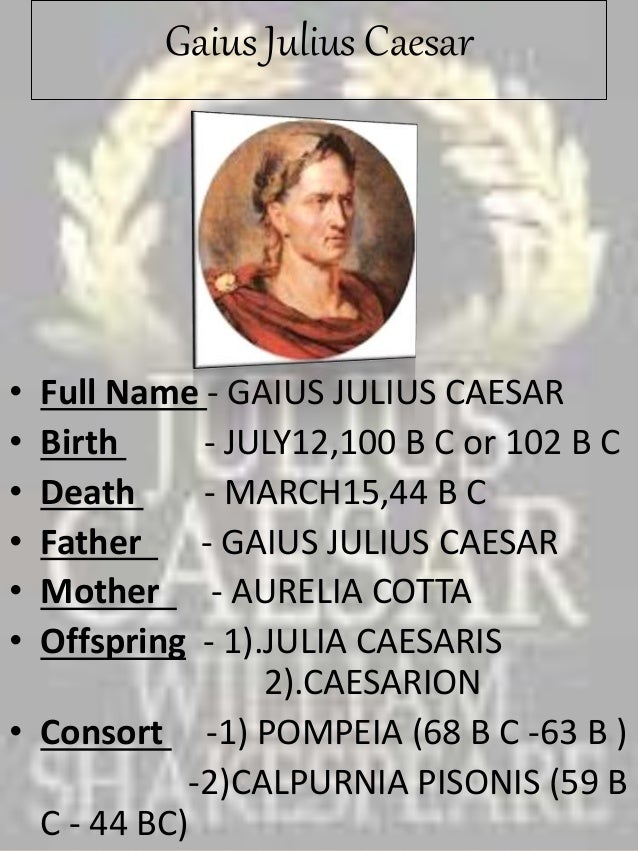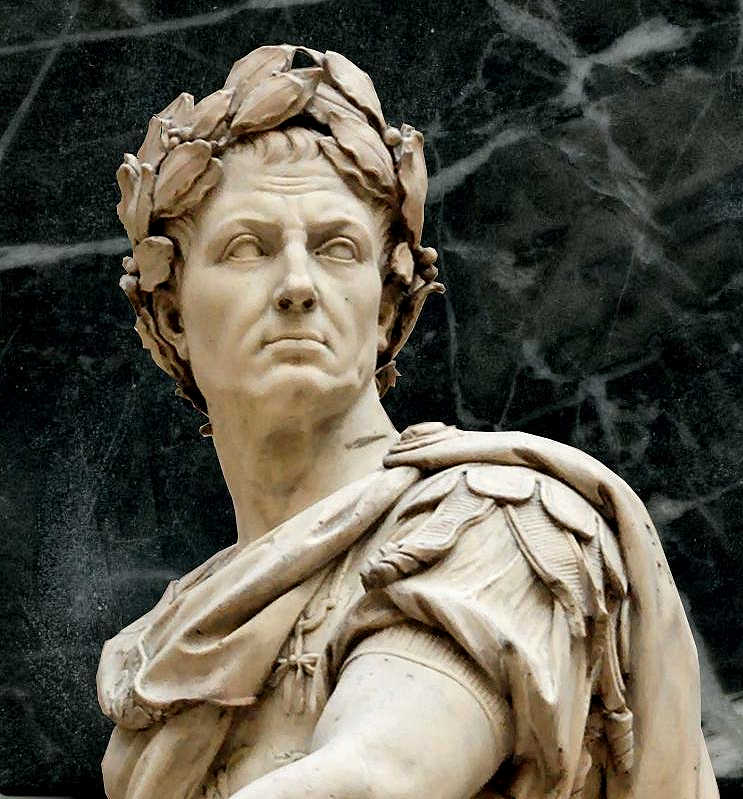
 He devised a novel and unheard of kind of pageant for he bridged the gap between Baiae and the mole at Puteoli, a distance of about thirty-six hundred paces, by bringing together merchant ships from all sides and anchoring them in a double line, afterwards a mound of earth was heaped upon them and fashioned in the manner of the Appian Way. This account can be taken to imply that Caligula quoted someone else in saying this, but the above and a slight variant "Let them hate me as long as they fear me" have often been quoted as a statement original to the Emperor. I scorn their hatred, if they do but fear me. Having punished one person for another, by mistaking his name, he said, "he deserved it quite as much." He had frequently in his mouth these words of the tragedian,. Tiberius, as quoted in The Twelve Caesars: Gaius Caligula by Suetonius, section 11, as translated by Robert Graves. "I am nursing a viper for the Roman people, and a Phaëthon for the whole world.". Suetonius Quotes from The Twelve Caesars: Gaius Caligula by Suetonius as translated by Alexander Thomson Also quoted in Ram Swarup, On Hinduism: Reviews and Reflections (2000), Ch. The Christian God was a magnified and somewhat flattering portrait of Tiberius and Caligula. In an empire ruled absolutely by one man the notion of an universe under the control of a single God seemed obvious and reasonable. If Gods are made in the image of men, cosmogonies reflect the forms of terrestrial states. Vivo! (as reported by Roman historian Tacitus). Upon hearing that his daughter, Julia Drusilla had clawed out another child's eyes. There is no question as to who her father is then. Variant translation: Let them hate (me) so long as they fear (me). 27 London: Quercus Publishing, ISBN 1905204965, these derive from a statement by Suetonius, included below, in which he states these words were often used by Caligula, but imply that he was quoting the tragedian Accius. Quoted in The Tyrants : 2500 Years of Absolute Power and Corruption (2006), p. Let them hate me, so that they will but fear me. This page was created in 2005 last modified on 16 April 2020. He presented himself as a magistrate.ĭuring the Flavian dynasty (Vespasian, Titus, Domitian r.69-96), the title was used for the intended successor, and this never changed again. The exception that proves the rule is Vitellius (r.69), who preferred to see himself as consul perpetuus,"'forever consul": the title of caesar was, in his view, too much associated with monarchy, and he wanted a title with republican connotations.
He devised a novel and unheard of kind of pageant for he bridged the gap between Baiae and the mole at Puteoli, a distance of about thirty-six hundred paces, by bringing together merchant ships from all sides and anchoring them in a double line, afterwards a mound of earth was heaped upon them and fashioned in the manner of the Appian Way. This account can be taken to imply that Caligula quoted someone else in saying this, but the above and a slight variant "Let them hate me as long as they fear me" have often been quoted as a statement original to the Emperor. I scorn their hatred, if they do but fear me. Having punished one person for another, by mistaking his name, he said, "he deserved it quite as much." He had frequently in his mouth these words of the tragedian,. Tiberius, as quoted in The Twelve Caesars: Gaius Caligula by Suetonius, section 11, as translated by Robert Graves. "I am nursing a viper for the Roman people, and a Phaëthon for the whole world.". Suetonius Quotes from The Twelve Caesars: Gaius Caligula by Suetonius as translated by Alexander Thomson Also quoted in Ram Swarup, On Hinduism: Reviews and Reflections (2000), Ch. The Christian God was a magnified and somewhat flattering portrait of Tiberius and Caligula. In an empire ruled absolutely by one man the notion of an universe under the control of a single God seemed obvious and reasonable. If Gods are made in the image of men, cosmogonies reflect the forms of terrestrial states. Vivo! (as reported by Roman historian Tacitus). Upon hearing that his daughter, Julia Drusilla had clawed out another child's eyes. There is no question as to who her father is then. Variant translation: Let them hate (me) so long as they fear (me). 27 London: Quercus Publishing, ISBN 1905204965, these derive from a statement by Suetonius, included below, in which he states these words were often used by Caligula, but imply that he was quoting the tragedian Accius. Quoted in The Tyrants : 2500 Years of Absolute Power and Corruption (2006), p. Let them hate me, so that they will but fear me. This page was created in 2005 last modified on 16 April 2020. He presented himself as a magistrate.ĭuring the Flavian dynasty (Vespasian, Titus, Domitian r.69-96), the title was used for the intended successor, and this never changed again. The exception that proves the rule is Vitellius (r.69), who preferred to see himself as consul perpetuus,"'forever consul": the title of caesar was, in his view, too much associated with monarchy, and he wanted a title with republican connotations. 

In the crisis of imperial succession that is known as the Year of the Four Emperors, Galba (r.68-69), Otho (r.69), and Vespasian (r.69-79) accepted the title. When Claudius remarried, his stepson Lucius Domitius Ahenobarbus was renamed Nero Claudius Caesar Drusus Germanicus - he succeeded his stepfather in 54 and became notorious as Nero. Claudius also accepted the name when he succeeded Caligula in 41.īy now, caesar was no longer a name, but a title that could be used by the emperor himself - who could also call himself Augustus - and the intended successor, who was appointed by adoption. Other members of the royal family received the surname too: Tiberius' son Drusus, Germanicus (and all his sons), and the emperor Gaius ( Caligula). Although he later changed his name into Augustus (in 27 BCE), many people continued to call him Caesar.Ĭaesar Augustus had no son and adopted several men as his successor his grandsons Gaius and Lucius received the name Caesar, later Postumus Agrippa, and finally Tiberius, who eventually succeeded Rome's first emperor. The magic of this name was sufficient to make complete legions side with the young man during the civil wars. After the dictator had been assassinated in 44 BCE, it turned out that he had posthumously adopted his relative Octavius, who was from now on called Gaius Julius Caesar too. For the soldiers of the conqueror of Gaul, it became a matter of pride to be not just legionaries of Rome, but Caesar's men. One of the ancestors of Gaius Julius Caesar, the dictator who destroyed the Roman republic, must have been blessed with a wealth of hair, because he received the surname caesar, which means "long hair". It is derived from the name of Gaius Julius Caesar. Caesar: title of the intended successor to the Roman throne.







 0 kommentar(er)
0 kommentar(er)
